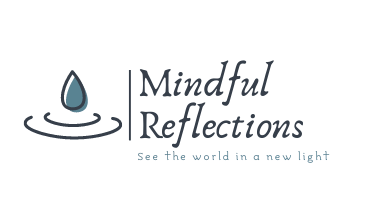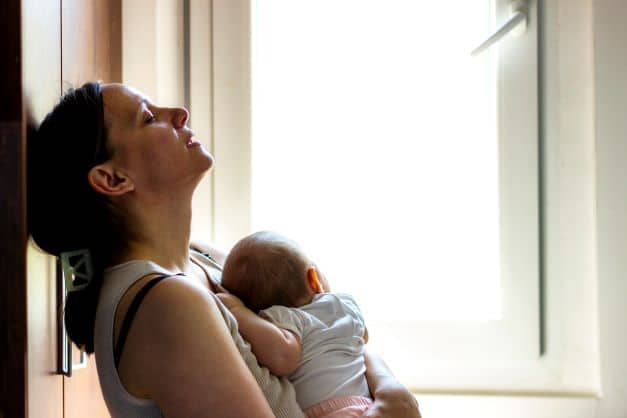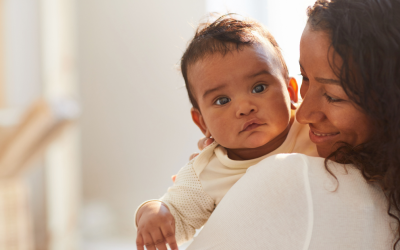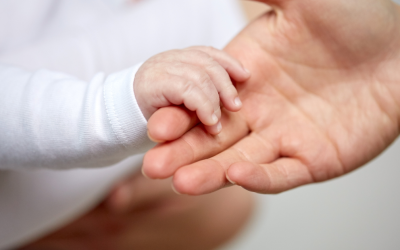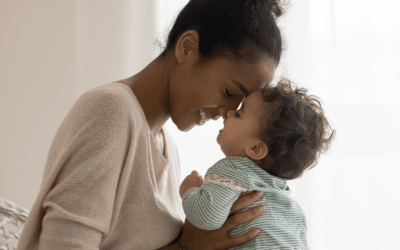What is Postpartum Depression and Why Does it Happen
You might have heard of baby blues before: feeling a little down for a few days after delivering a baby. You might be aware it’s fairly common, but the feelings go away in a couple of weeks and everything is okay after that. But what happens if those feelings stay long after the first two weeks after birth? What if they start after the normal “baby blues period” has passed?
Postpartum depression is similar to baby blues, but it lasts longer and is more intense. It may appear any time after the delivery, sometimes a week or sometimes a year after. It can last several months and can even create bonding problems between you and your baby.
This doesn’t mean it’s the end of the road in your journey as a parent. It’s just an obstacle. You can overcome it. But to do so, it’s important to know two things: how postpartum depression feels and why it happens.
What Does Postpartum Depression Feel Like?
Postpartum depression is similar to baby blues in a way. Both involve feeling down. But postpartum depression is more than just “feeling down”. Sometimes it’s feeling sad or hopeless, maybe even worthless. Maybe it means feeling restless or having mood swings. It might involve feeling guilty or like you’re a bad parent for feeling this way during a time of joy.
It can also affect your day-to-day life in a variety of ways. It might mean you eat or sleep too much or too little. You might have lost interest in activities that you used to enjoy. Sometimes it means isolating yourself from your friends and family. You might even have some trouble focusing or remembering things.
These might be scary feelings, but it’s important to know that you’re not alone. You’re not the first person who’s felt like this, and it is most definitely not a judgement on your character. You’re not a bad parent for struggling with this big change.
Why Does Postpartum Depression Happen?
The main theory says that postpartum depression happens due to sudden hormonal changes after delivery. Some hormones are incredibly high during pregnancy, and the sharp drop back to their former levels might be what makes postpartum depression happen. Sometimes, thyroid levels also drop sharply and heavily impact your mood.
A personal or family history of depression, or maybe another mood disorder, is another well-known risk factor for postpartum depression. This could have taken place any time in your life, before or during the pregnancy.
But there are more than just hormonal and psychological factors to it. Sometimes, there are social factors involved, like a lack of support during and after the pregnancy. Maybe you’re having problems in your relationship, or maybe there are financial problems you’re struggling with. These also have a heavy impact on your well-being.
There are psychological factors as well. Constant tiredness or feeling overwhelmed. Doubting yourself over your abilities to be a good parent, and the unrealistic need to be perfect at it. There might also be some grief for the person you used to be, for the free time you used to have, and that’s perfectly okay.
What Should You Keep in Mind?
Postpartum depression is not unusual. It’s not a reflection of your abilities or a judgement of your character. It’s something that, unfortunately, happens to a lot of people, and you might be one of them too. If you are, that’s perfectly fine. You can get through this.
If you need help to do so, that’s perfectly okay and completely normal. Don’t be afraid to make an appointment. Together, we can help you cope with these feelings of hopelessness. Together, we can make sure you get to where you want to be in your parenting journey.
You can also learn more about how Mindful Reflections can support you by checking out our Postpartum Therapy page.
Previous Posts
Nourishing Body and Mind: Nutritional Support for Postpartum Mental Health
The early days of motherhood are a whirlwind of emotions, sleep deprivation, and endless diaper...
Holistic Postpartum Therapy: Nurturing the Whole Mother
Motherhood is a transformative journey, but those early days can be a whirlwind of emotions,...
Self-Care Tips for New Moms: Balancing Mental Health and Motherhood
The early days of motherhood are a whirlwind of emotions, sleepless nights, and endless diaper...
